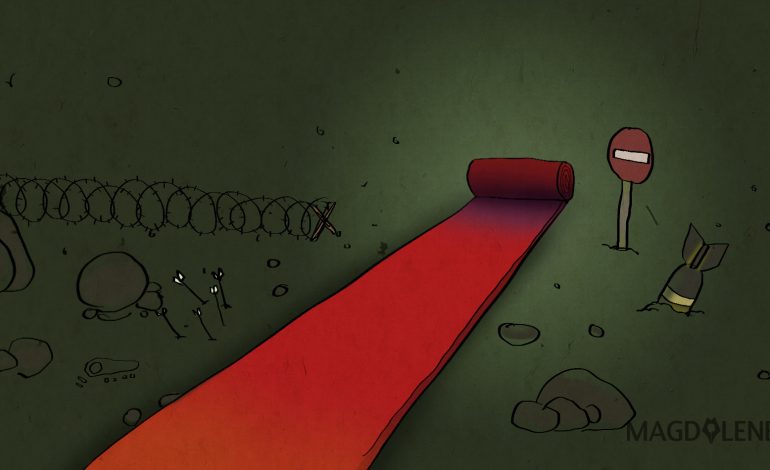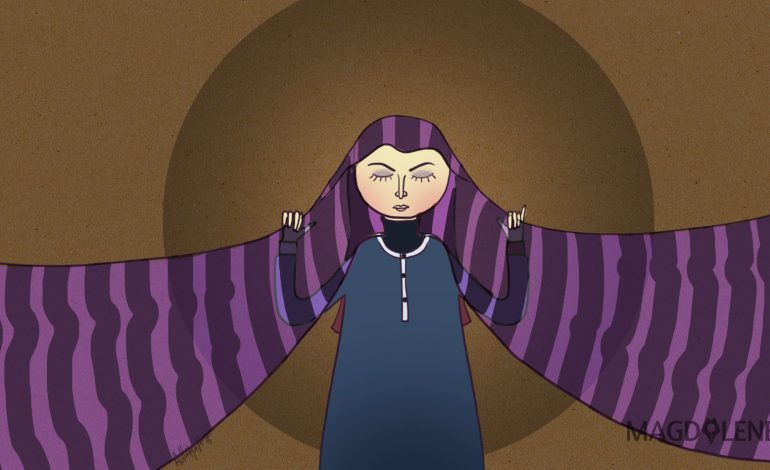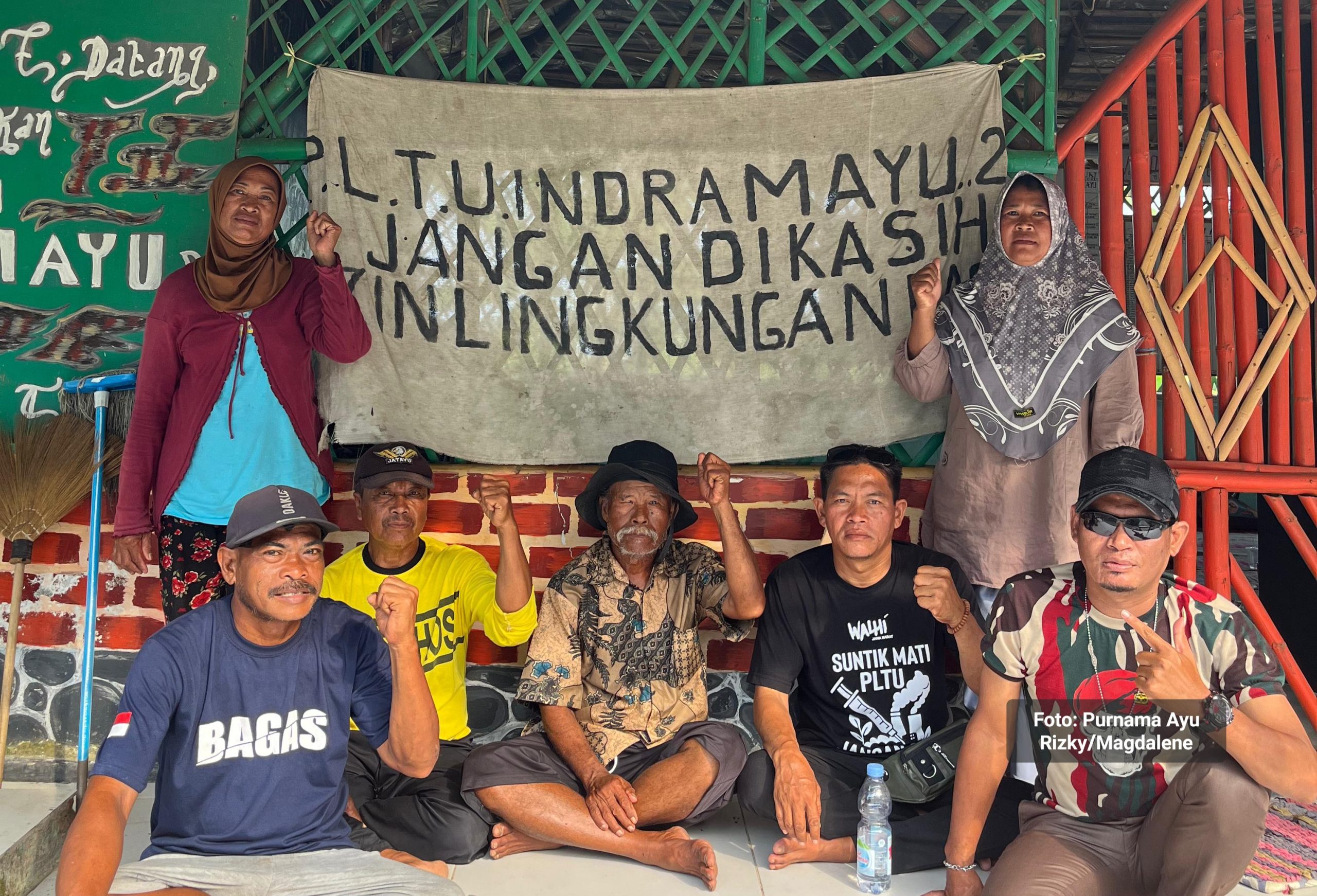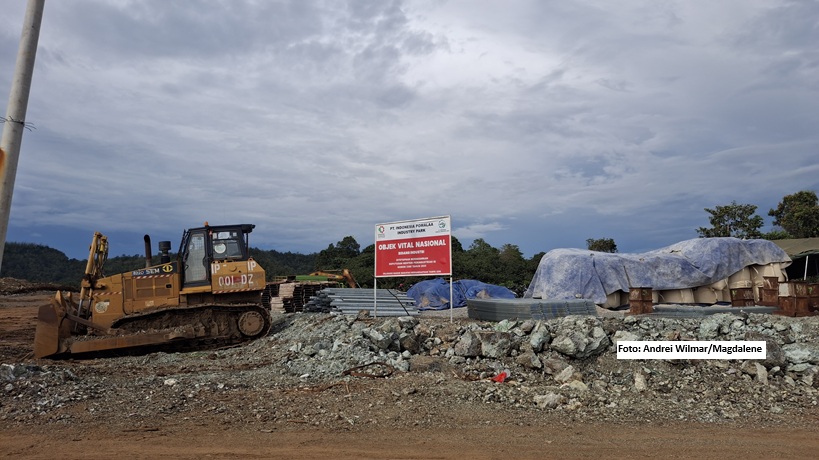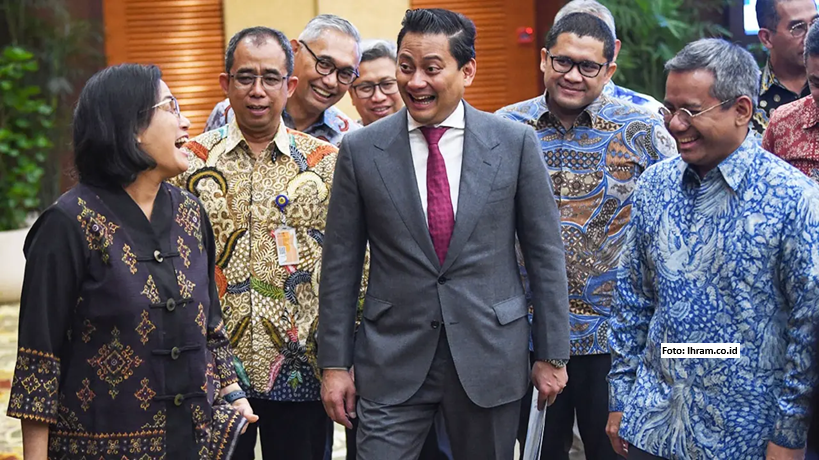3 Most Important Things I’ve Learned About Parenting
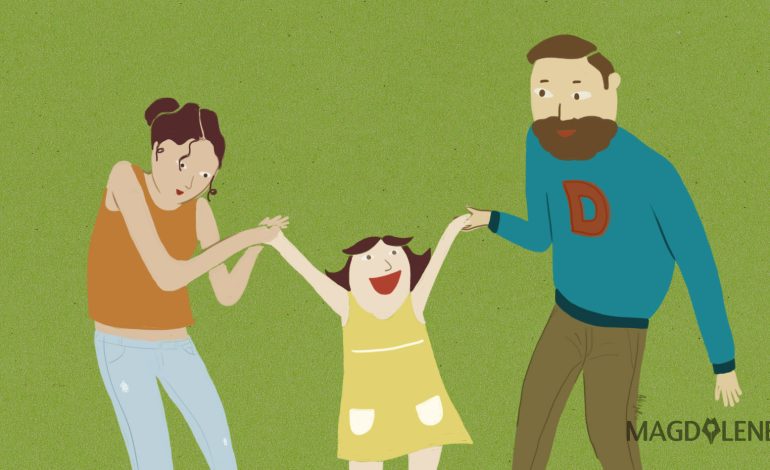
When I was pregnant with my first child more than 17 years ago, I made a conscious decision about the kind of parent I wanted to be based on my own experiences as a child.
My only brother and I are almost 13 years apart, and we were brought up very differently – my parents were at different stages in life when they had us. When I was born, they were newly-weds: they depended on each other, struggled to make ends meet and lived on their own in a tiny rental house in Jakarta. But by the time my brother came along, things had changed: both my parents were working and had good careers, we lived in a house that came with their jobs in a small town in Central Java and I had new adults in my life – live-in domestic help and Mbah, my paternal grandmother.
Whereas my parents were the only grown-ups in my life during my formative years and therefore the only adults to whom I turned for help, my brother had always seen my grandmother as a figure of authority for most of his. Mbah was our matriarch, effectively playing the role of both mother and father to my brother while my parents worked and attended social functions to perform the usual role expected of community figures.
One of my memories as a teenager is hearing Mbah tell my 4-year-old brother he was allowed to play outside after his afternoon bath, as long as he didn’t get dirty; in any case, our gardener was always around to enforce this and ensure my brother was always happy and cried as little as possible.
I loved Mbah but at the time I was also a very self-centred teenager, so she had no choice but watch me rebel my way through adolescence, while running the household and managing the help at the same time. Mbah lived with us for 16 years – from the day my brother was born until the day she died.
Even as a teenager with no maternal instincts (I never understood why babies were “cute”), I could see Mbah’s child-rearing practices were quite different from my parents’ and I considered her to be overprotective of my brother. In the end, my brother and I grew up with different outlooks in life. I consider myself lacking the sense of entitlement Mbah had instilled in my brother; I have always felt slightly guilty of knowing there was almost nothing my middle-class parents could not do for me as a child.
Experiences like these have inevitably shaped my parenthood, and here are three out of a countless number of things I have learned from being a mother for the last 17 years.
1. Talk and listen
From all that I have learned about being a parent, the importance of talking and listening to my children cannot be highlighted enough. It sounds simple, but I’ve found it’s not always easy as it involves especting and involving the opinion of a younger person (a child no less!) in conversations. Growing up in an age and place where children were generally better seen and not heard, I struggled with this at the start, having to stop myself from speaking down to or lecturing at my children, instead of conversing with them. Also, it’s worth remembering that the world of children (and teenagers) is not always interesting for us adults, so it is easy to switch off and not be bothered.
But my efforts have paid off somewhat and I can now say I “know” my children – or, rather, they are not a total mystery to me. So far I haven’t had to deal with nasty surprises when it comes to their behaviour, their school or academic performance and their social skills. The added bonus of two-way communication is having the confidence as parents to lay down rules and boundaries that help us let go of the kids as they make (or don’t make) mistakes while learning a lesson or two.

2. Do things together
This is something that my husband does much better than me. From the start, my husband has always wanted to be involved in everything to do with our children. From changing their nappies and making homemade baby food to surfing, doing homework, “jamming” on the guitar and hiking, he is the ultimate hands-on father. To this day, he still regrets the handful of times he has missed the children’s birthdays on account of work-related travel at the time. With my husband in many instances taking the lead, “family time” for us means as much about having quality and quantity time together as it is about putting the energy into making it an everyday reality.
3. Choose your battles
This is something I wish I could do better. Like many parents, I know it is important to ask whether the outcome of a “battle” is worth fighting for, or whether it is simply about one’s ego. One great battle I had with my son was to do with cleaning his room. It was a mess – no, it was a pigsty – and I couldn’t understand how he could lay down there on a little patch of clearing in the middle of his bed, listening to music, with the rest of the room resembling a rubbish tip.
His response was that it didn’t bother him and that he would clean it ‘later’. I argued that he should do it now. We then entered into a heated debate which got me nowhere – just furiously mad and huffy. A couple of days later, he cleaned up his room. He actually did a pretty good job, which left me wondering: would this have been the outcome if we hadn’t had the battle? Was the battle worth the emotional pain I suffered, albeit momentarily? And should it really worry me if he was happy to live in a pigsty?
My first decade of parenting was replete with hits-and-misses when it came to choosing my battles – I was a control freak after all – but as the children grew older, I learned to relax and let go more easily. In fact, in many instances I have been able to look back and say, “What a relief to know it was just a phase in their life!”
At the end of the day, I tell myself that while I’m the parent and the mature adult in the relationship, I may still be wrong. So I try to talk and listen, do things with them, choose my battles and enjoy the adventure.
Read Prapti’s piece on the Indonesian diaspora here.
Prapti Wn worked as a Jakarta-based journalist in the 1990s before following her heart and ending up in Perth, Western Australia, where she now lives with her husband and two teenage children. She works so she can travel as much as her credit card will carry her.

